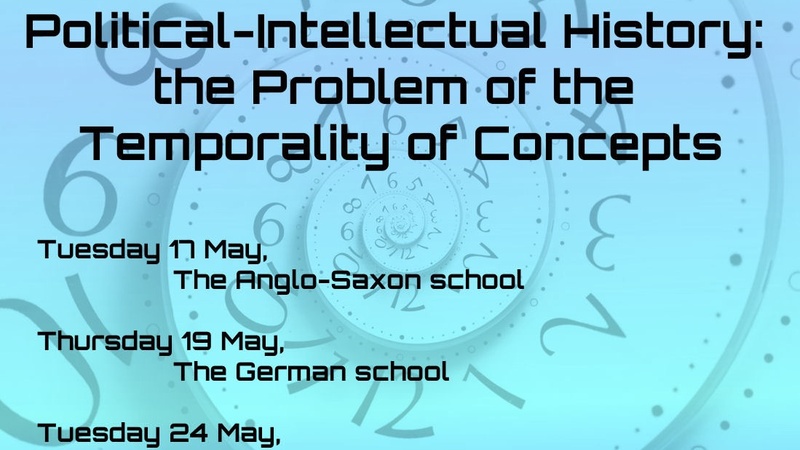2022 Lectures
The Seeley Lectures 2022
Professor Elías J. Palti (Universidad de Buenos Aires)

"New Directions in Political-Intellectual History: The Problem of the Temporality of Concepts"
Dates
Tuesday 17 May, Thursday 19 May, Tuesday 24 May and Thursday 26 May 2022
Location
McCrum Lecture Theatre, Bene’t Street, Cambridge, CB2 3QN
Abstract
The four lectures are intended to clarify what distinguishes the so-called new “politico-intellectual history” from the old “history of political ideas.” What differentiates the two has not always been fully understood even by some of the authors who initiated this transformation. One reason for this is that the transformation has not been a coherent process deriving from one single source, but is rather the result of converging developments emanating from three different sources: namely, the Cambridge School, the German school of conceptual history or Begriffsgeschichte, and French politico-conceptual history. The lectures set out a new theoretical horizon that effectively leads us beyond the frameworks of the old history of political ideas and propose that we overcome the insularity of these traditions and combine their respective contributions. As a result of this combination, we obtain an approach to politico-intellectual history that does not simply overlap with any of the three schools. What we may call a history of political languages entails a specific perspective on the temporality of discourses: a new account of why the meaning of concepts changes over time, why they cannot stabilize their semantic contents, and what the source is of the contingency that underlies political languages. The final lecture will bring together the theoretical contributions of the different schools. It will focus on the concept of the political and clarify the nature of the political-conceptual transformation that emerged in the seventeenth century. In the end, this approach will provide more adequate tools for avoiding the kind of anachronic transpositions that are frequent not only in the old tradition of history of ideas, but which can also be observed in much that passes for the “new intellectual history”.
Lecture One: The Anglo-Saxon school.
Lecture Two: The German school.
Lecture Three: The French school.
Lecture Four: An Archaeology of the “Modern” Subject.
